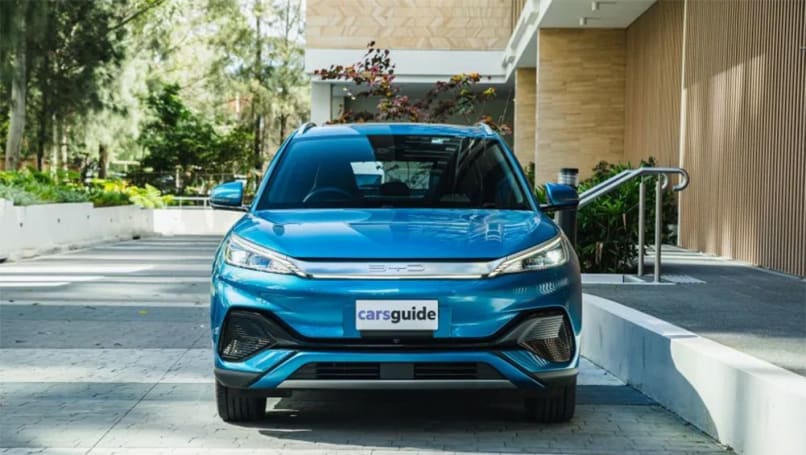
The new car sales winners of 2024: Toyota, Mitsubishi, Ford, BYD, Suzuki, GWM and more!
The Australian new car market is more competitive than ever before and the 2024...
Browse over 9,000 car reviews

Empires rise and fall, it has been that way since the dawn of time. Don’t believe me? Ask the Romans…
The same is true of automotive empires, with Europe inventing the car, America popularising it and Japan refining it. More recently the South Korean automotive industry has become a major player on the world stage. All of which leaves us with the likes of Volkswagen, Ford, Toyota and Hyundai as global brands.
Now China wants in on that action. At a recent ceremony to celebrate the production of the five millionth electric vehicle produced by rising Chinese carmaker BYD, company founder and chairman Wang Chuanfu, made his long-term goal crystal clear - global success.
“China has yet to create a single international marquee of its own that is universally recognised and respected,” Reuters reported Wang saying. “It is time for Chinese carmakers to upend the order of the global automotive industry and chart a course into a new vast territory.”
Wang wasn’t just speaking of his own brand either, he wants multiple Chinese brands to become internationally recognised.
“I believe the time has come for Chinese brands,” he said. “It’s an emotional need for the 1.4 billion Chinese people to see a Chinese brand becoming global.”
To ram home his point in unequivocal terms, the BYD presentation ended with a video that reportedly called on the Chinese automotive industry to “demolish the old legends and achieve new world-class brands”.

Now that’s sure to get the commenters fired up on Facebook and the comments section, and not without cause. For a country as divisive as China, such evocative language won’t be taken well in the west.
But if we take Wang’s comments at face value and don’t get over-emotional, it’s clear that he is simply advocating for his industry in the same way others before him did in South Korea, Japan and even America. He simply wants the likes of BYD, Geely, MG and others to be viewed in the same way the likes of Nissan, Kia, Chevrolet and Audi are.
While that may sound like a grand vision that will be difficult to achieve, judging by recent history, that actually seems inevitable.
It will be helped, in large part, thanks to the seismic shift towards electric vehicles, which is shaking up the automotive playing field and giving new brands a chance to take on much older and more established rivals. Tesla is the prime example of this phenomenon; it is the first successful company to mass produce cars in the US since the boom time in Detroit nearly a century ago.

But BYD is quickly coming for Tesla's world's-top-selling-EV-brand crown, and it hasn't even gone global yet. The majority of its sales are in the Chinese market, which has grown to become the largest new vehicle market in the world. This will, in turn, drive the growth of the Chinese brands, in the same way the USA industry did in the first half of the 20th century.
This has already begun to manifest with the growth of brands like MG, which is British by tradition but has been used by the state-owned SAIC Motors to become a mainstream rival to the likes of Toyota and Hyundai around the world.
This will only accelerate with electrification, as it opens the door for brands like Geely, Lynk & Co., Nio and BYD to push their way onto the world stage.

And you don’t even have to believe any of this, you only need to look at the numbers - the cold, hard facts. Just five years ago, in 2018, Chinese-made cars made up just 0.9 per cent of all cars sold in Australia.
But in the first six months of 2023 16.4 per cent of the cars we bought were from there. The Chinese car industry - like the South Korean, Japanese and US industries before it - is becoming global.
Soon BYD, Geely, Nio and more will be as normal to us as Toyota, Ford and Volkswagen.
Comments